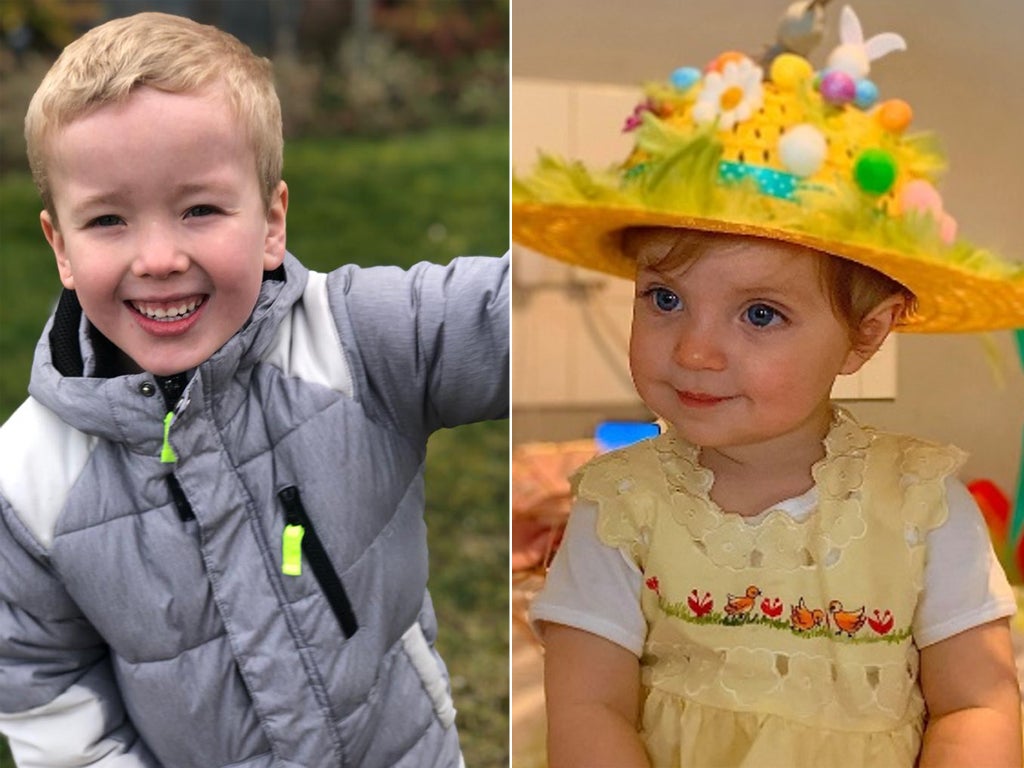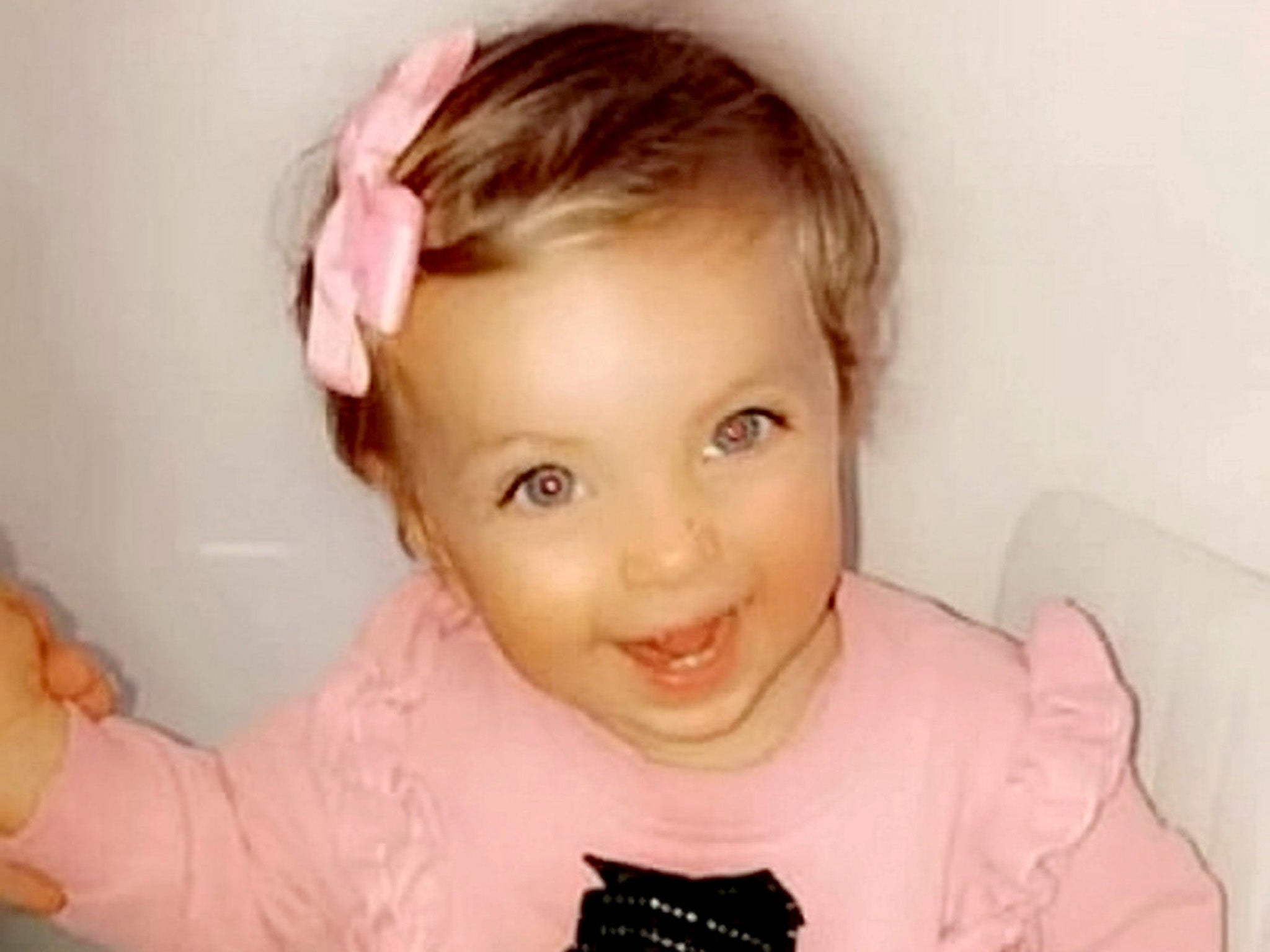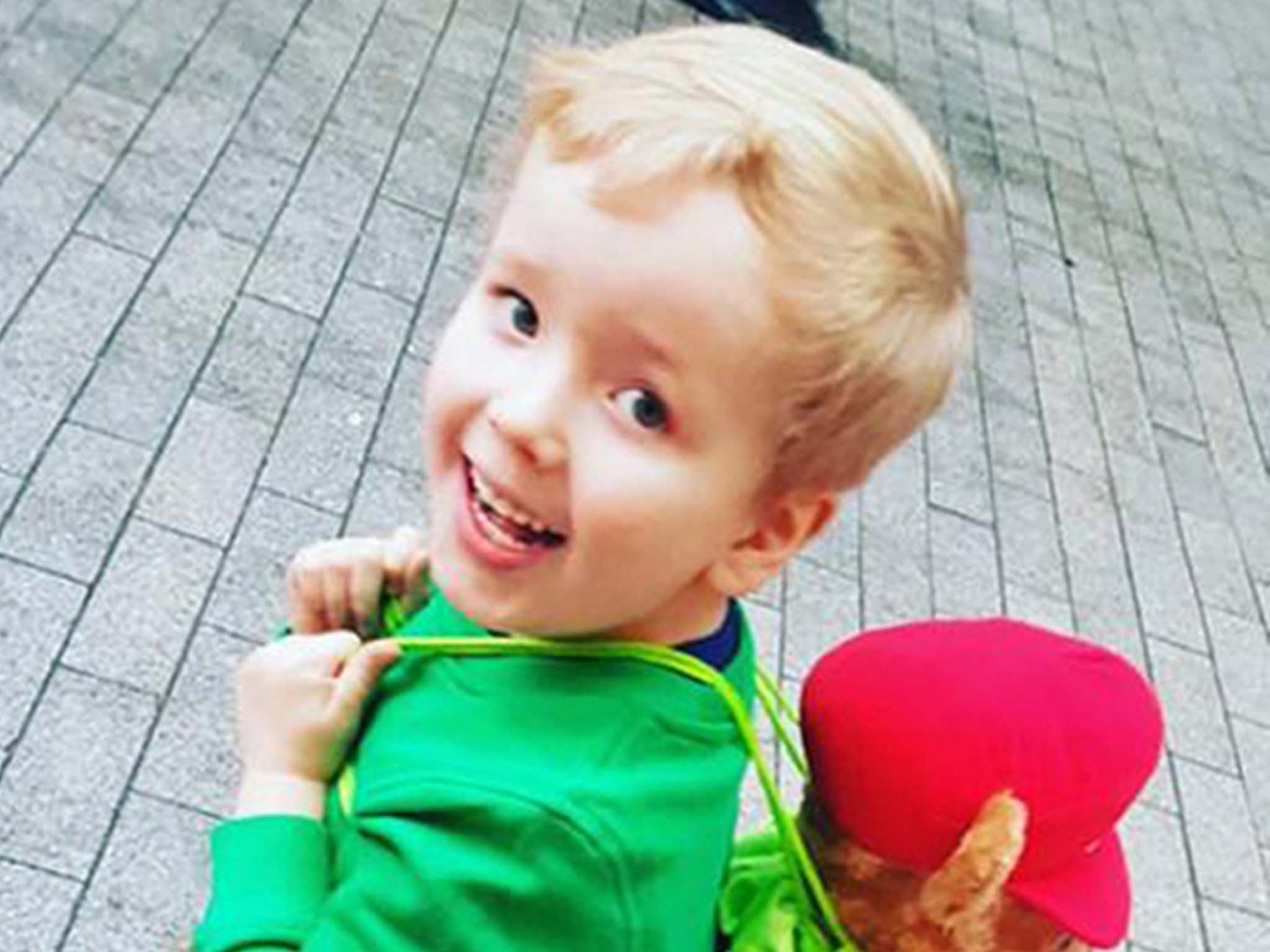
Warnings from relatives of Star Hobson were recorded as “malicious” by social services months before she was murdered by her mother’s partner, a government review has found.
Concerns raised by relatives of both the one-year-old girl and Arthur Labinjo-Hughes, another child who was killed in his home in 2020, were “too often disregarded” and not properly investigated by police and social workers, according to the Child Safeguarding Practice Review Panel.
The report, commissioned by the government following the deaths of the two infants – murdered within four months of each other – warns that the way child protection is approached in England needs to “change fundamentally” in order to prevent future tragedies.
It recommends dedicated multi-agency teams staffed by experienced child protection professionals be set up in every local authority area to investigate allegations of serious harm to children, and that a new child protection ministerial group is set up.
Star, described by family and friends as an inquisitive toddler who loved to listen to music, died in September 2020 after suffering significant damage to her internal organs and a fractured skull and shins at the hands of her mother’s partner Savannah Brockhill.

The report states that when Star’s maternal grandmother made a referrals to children’s services in Bradford four months before her death, the social work team visited the household and concluded that the referral was “malicious”.
Following another visited on 4 September, after the grandmother raised further concerns, the social worker noted that the home was clean, warm and tidy and that the referral was once again deemed to be malicious and the concerns were not substantiated.
In the case of Arthur, described by family members and his teachers as a happy, healthy young boy who always had a smile on his face, his paternal grandparents raised concerns about bruising in April 2020.
Police denied a request for a visit based on their observation of Arthur the previous day. Social workers made a visit the following day and no safeguarding concerns were identified.

Later that month, the grandmother and other family members raised further concerns of bruising on Arthur’s body, but it was decided by social services that no further investigation was needed.
Less than two months later Arthur suffered Cardiac Arrest after sustaining a severe head injury, and died the next day.
The report notes that one of the contributing factors to both of the children’s death was “source bias” - a “tendency to interpret information depending on its source not substance, for example, the view in Star’s case that family members’ referrals were malicious”.
It recommends that from now on “no referral is deemed malicious without a full and thorough multi-agency assessment, including talking with the referrer, and agreement with the appropriate manager”.
The report also states that the two tragic cases show that inexperienced professionals – social workers in particular – were too often being asked to undertake this work without sufficient supervision and support.
And it notes that the coronavirus pandemic had an impact, as changes to the way children’s social work was carried out led to “fragmented” management oversight of the response to individual referrals and a “lack of clarity” about case-holding accountability.
“These aspects had some impact on the effectiveness of the response to concerns about bruising to Arthur and subsequent decision making,” it states.
In the case of Star, it notes that while face to face home visits by social workers were largely maintained, with one virtual visit by a social worker in June 2020, the health visitor carried out her 9–12-month assessment by telephone.
“This would have been more limited in nature than a face-to-face review and offered less opportunity to explore wider aspects of Star’s care and development,” according to the report.
“Virtual visits” by social workers during Covid-19 lockdowns have been branded “extremely concerning” because some of the risks in a household cannot be identified by social workers over video.
The Independent revealed and the end of last year that the use of these remote visits had continued following the lockdowns, with as many as one in six visits being conducted virtually this month in December 2022.
Star's great-grandfather, David Fawcett, 62, spoke of his anger at learning social workers' investigation into Star's case was closed a week before she died.
"Reading between the lines, they didn't have the manpower, which is why they had to close the case - it's pretty damning," he said.
"The proposals they've put forward are positive because it's communication - that's where Star was failed, a lack of communication between different authorities.
"How it was run before was pretty shambolic but I am optimistic something can be done and lessons will be learned."
The reviewers found that the fatal abuses suffered by Arthur and Star were “not isolated incidents”, but reflective of wider problems with poor information sharing and weak decision-making.
The panel interviewed just under 80 professionals in Bradford, Birmingham and Solihull, as well as the children’s family members, including Star’s mother and her mother’s partner. It also drew on 1,500 rapid reviews of serious incidents since it was formed.
It said existing multi-agency arrangements for protecting children are more fractured and fragmented than they should be, and “promising approaches” are implemented patchily across the country.
Review chairwoman Annie Hudson said: “Arthur and Star suffered horrific and ultimately fatal abuse. But sadly, whilst their individual stories are unique, many hundreds of children are seriously harmed each year.
“At the moment, each professional who comes into contact with a child holds one piece of the jigsaw of what is happening in a child’s life.
“Our proposed reforms would bring together experts from social work, police and health into one team so that they can have a better picture of what is happening to a child, listening carefully to relatives’ concerns and taking necessary actions to protect children.”
Sir Peter Wanless, NSPCC chief executive, said Arthur and Star’s deaths “have left a lasting scar on the nation”, adding: “It is heart-breaking that it had to take these tragedies to shine a light on the shortfalls in the child protection system.
“This review lays bare an all-too-familiar story of a system struggling to cope. Social workers, police, health practitioners and teachers, however hard they are working as individuals, know they cannot do this alone.”
Responding to the findings, education secretary Nadhim Zahawi said: “The deaths of Arthur and Star appalled the nation and highlighted the urgent need for action and change.
“We must waste no time learning from the findings of this review – enough is enough. I will set up a new child protection ministerial group, a first and immediate step in responding to these findings, before setting out a bold implementation plan later this year to bring about a fundamental shift in how we support better outcomes for our most vulnerable children and families.”







